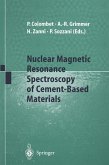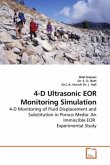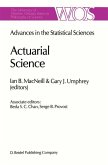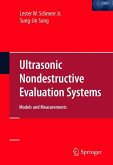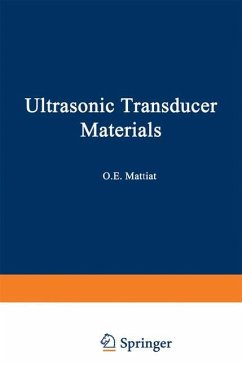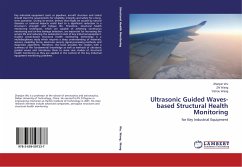Ultrasonic wave attenuation measurements have been used to successfully characterize the microstructure and material properties of inhomogeneous materials. Recent research has applied acoustic scattering models to predict ultrasonic attenuation in simple cement-based materials with good results. The goal of the current research is to extend this past work and to investigate the influence of elastic inclusions in order to simulate a more realistic microstructure: a cement paste matrix material that contains both sand inclusions and air voids. The sand inclusions simulate fine aggregates as they are present in real civil engineering structures, while the air voids provide an additional microstructure that is present in concrete components. This research considers an independent scattering model as well as a self-consistent effective medium theory approach in order to model the scattering attenuation due to the sand inclusions in the cement paste matrix. The research develops a reliable measurement technique that is essential to assess wave attenuation of particulate materials. The measured attenuation is finally compared to the model predictions and the results are discussed.
Bitte wählen Sie Ihr Anliegen aus.
Rechnungen
Retourenschein anfordern
Bestellstatus
Storno


